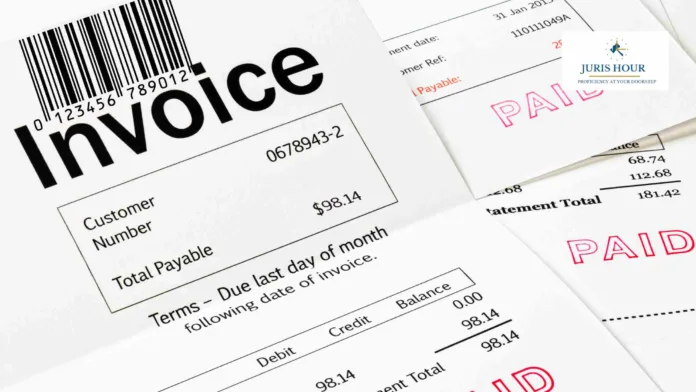The Bangalore bench of Income Tax Appellate Tribunal (ITAT) has held that the Assessing Officer (AO) unjustifiably treated sales as bogus and sham transactions without verifying the presence of barcodes on the invoices.
The bench of Keshav Dubey (Judicial Member) and Waseem Ahmed (Accountant Member) has observed that a barcode on a tax invoice serves as a verification mechanism, ensuring that the sale is recorded in the system and adds a layer of authenticity. Tax authorities or businesses can scan the barcode to verify transaction details, reducing the chances of tampering or post- issuance alteration. While the presence of a barcode does not automatically validate every sale, it does enhance transparency and accuracy in accounting and tax records.
The bench noted that the AO, without verifying this aspect or pointing out any specific defects, mechanically treated the sales as bogus and sham transactions which in our considered opinion is unjustified.
The appellant/assessee, a partnership firm, is engaged in the retail trading of jewelry, gold, silver, and other ornaments. The assessee’s case for the assessment year under consideration was selected for scrutiny under CASS, and accordingly, a notice under Section 143(2) of the Income Tax Act, dated September 24, 2018, was issued.
During the assessment proceedings, the AO found that the assessee had reported a gross receipt of ₹21.99 crores in its return of income, with cash sales amounting to Rs. 11,64,59,923.
Out of cash sales, a sale was made between November 1, 2016, and November 8, 2016, out of which ₹6,72,68,168/- was transacted on a single day, i.e., November 8, 2016 only.
Thus, on the day of the demonetization announcement, the assessee claimed to have made cash sales of ₹6,72,68,168, accounting for more than 57% of the total cash sales made during the year.
The AO raised the question regarding the genuineness of the cash sales made during November 2016, through a notice.
In response, the assessee furnished relevant documents, including Form VAT-40, details of sundry debtors and creditors, purchase registers, and confirmations from creditors such as M/s Vijay Gems & Jewelry and Mehta Gold (P) Ltd.
The assessee, relying on documentary evidence, claimed that the cash sales recorded in the books were genuine and the cash deposits made in the bank during the demonetization period (November 9, 2016, to December 31, 2016) originated from these cash sales proceeds.
However, the AO disagreed with the assessee’s submission and held that the cash sales recorded in a day before the demonetization period were nothing but a book entry, a sham transaction, or a colorable device to evade taxes.
The tribunal noted that the AO, without considering the extraordinary event of demonetization, concluded that the cash sales on November 8, 2016, were bogus solely due to their unusually high volume compared to average monthly cash sales.
The ITAT held that applying a normal monthly cash sales average to an extraordinary event like demonetization is incorrect. The approach of the AO in treating cash sales exceeding the average as bogus is both flawed and unjustified.
Case Details
Case Title: DCIT Versus Aura Jewels
Case No.: ITA No. 684/Bang/2023
Date: 24.02.2025
Counsel For Appellant: Tata Krishna
Counsel For Respondent: Neera Malhotra
Read More: Pre-Deposit Made Under GST Instead Of Excise Act; Delhi High Court Directs CESTAT To Hear The Matter

